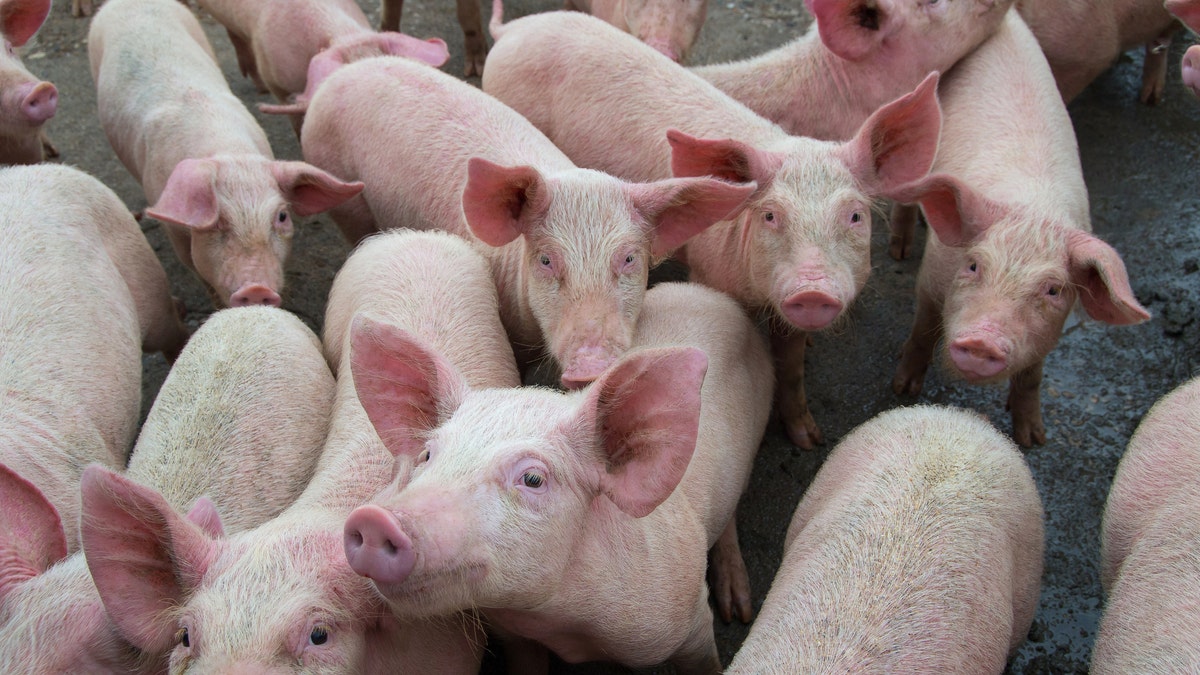A rare strain of swine flu was reported in a human in the Canadian province of Alberta, health officials there announced this week.
A confirmed case of Influenza A (H1N2)v, a rare H1N2 swine flu variant, was reported in a central Alberta resident in mid-October after he or she “sought medical care with influenza-like symptoms.”

A rare strain of swine flu was reported in a human in the Canadian province of Alberta, health officials there announced this week. (iStock)
“The patient experienced mild symptoms, was tested and then quickly recovered. There is no evidence at this time that the virus has spread further,” Dr. Deena Hinshaw, Alberta’s chief medical officer of health, and Dr. Keith Lehman, the chief provincial veterinarian, said in a joint statement.
That said, health officials and those with the Alberta Agriculture and Forestry are now investigating the source of the virus “and to verify that no spread occurred,” per the statement.
TEENS WHO PARTICIPATE IN EXTRACURRICULAR ACTIVITIES HAVE BETTER MENTAL HEALTH, STUDY FINDS
H1N2 influenza is “known to occur in swine herds around the world,” according to the Alberta government website. It is an infectious respiratory disease of pigs that’s caused by type A influenza viruses and is not a foodborne illness associated with eating pork.
“We are taking this seriously, but Albertans should know that sporadic cases of variant influenza have been reported over the past decade in North America. Variant Influenza A (H1N2) is rare with only 27 cases reported globally since 2005, and no cases in Canada prior to this one,” officials said.
CLICK HERE FOR COMPLETE CORONAVIRUS COVERAGE
As a result of this case, health officials in Alberta will “proactively offer influenza testing to residents in parts of central Alberta if they are presenting for COVID-19 testing” at local testing centers, officials said. “This testing will be optional and supports our ongoing influenza surveillance in the region.”








































